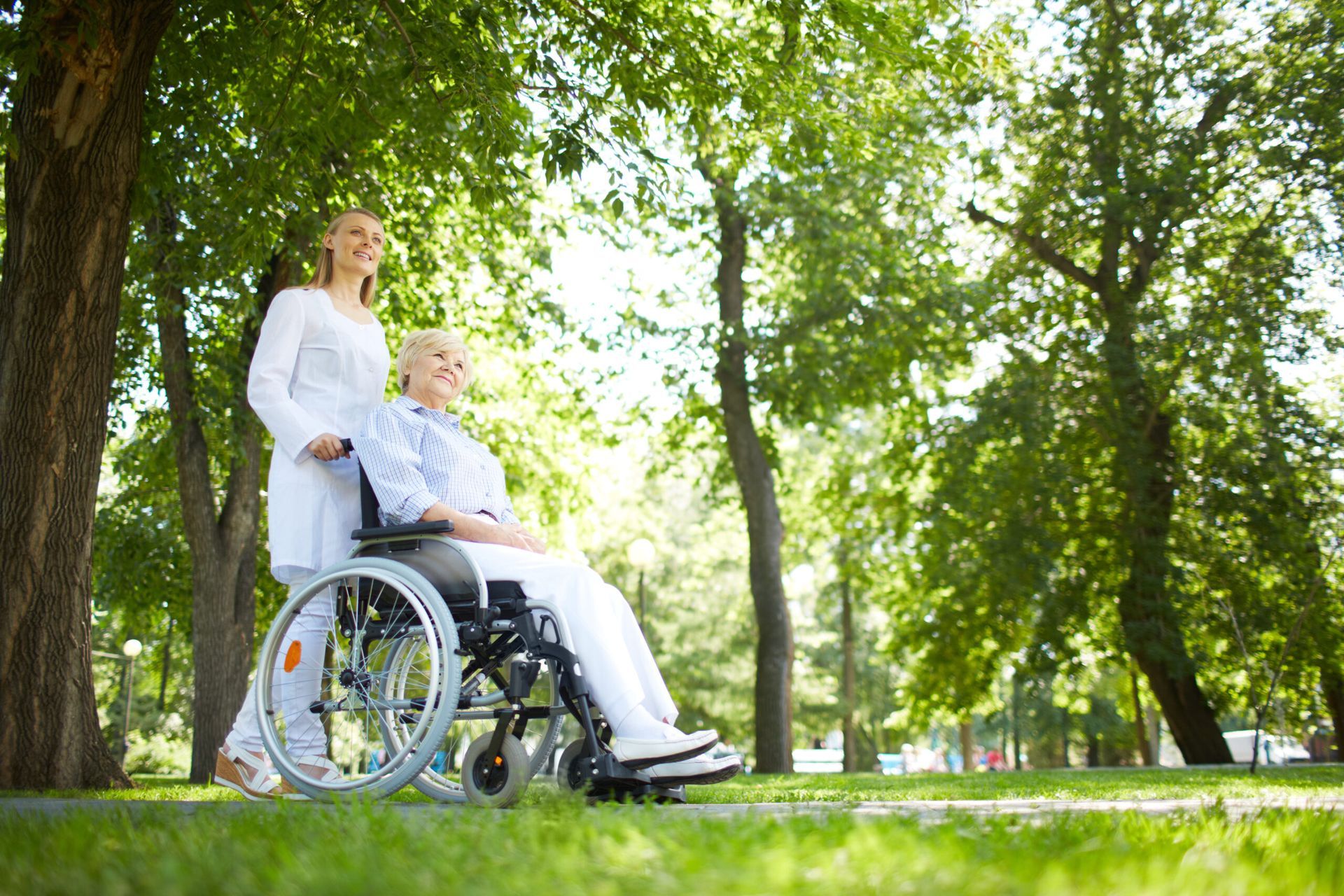Beyond the Books: The Soft Skills Every Medical Professional Needs to Succeed
As a medical professional, you know that success requires more than just knowledge of anatomy and physiology. It takes a combination of technical expertise and soft skills to provide exceptional patient care and thrive in the fast-paced healthcare industry. In this post, we’ll explore five essential soft skills every medical professional needs to succeed.
1. Emotional Intelligence
Emotional intelligence is the ability to recognize and manage your own emotions, as well as understand and respond appropriately to others’. This skill is crucial for building strong relationships with patients and colleagues, managing stress, and making sound decisions under pressure. Healthcare professionals who possess high levels of emotional intelligence are better equipped to handle difficult conversations, such as delivering bad news or navigating conflicts between team members.
2. Communication Skills
Communication skills are critical for effective collaboration among healthcare teams and providing excellent patient care. From bedside manner to collaborative care, medical professionals must be able to communicate clearly, actively listen, and adapt their communication style to different audiences. Strong communication skills also help prevent misunderstandings and errors, which can lead to improved patient outcomes and reduced costs.
3. Leadership and Teamwork
Leadership and teamwork are essential components of any successful healthcare organization. Whether you’re leading a team or working alongside one, it’s important to have strong leadership and teamwork skills. These skills include delegating tasks effectively, resolving conflicts, and fostering a positive work environment. By cultivating these skills, healthcare professionals can create a culture of collaboration, innovation, and excellence.
4. Patient Empathy
Patient empathy involves understanding and acknowledging a patient’s feelings, experiences, and perspectives. This skill helps healthcare providers build trust with patients, improve patient satisfaction, and reduce anxiety and pain. By demonstrating empathy, doctors, nurses, and other healthcare professionals show their commitment to putting patients first and providing compassionate care.
5. Cultural Competence
Cultural competence refers to the ability to interact effectively with people from diverse cultural backgrounds. As our nation becomes increasingly diverse, cultural competence has become an essential skill for all healthcare professionals. By understanding and respecting different cultures, healthcare providers can provide more accurate diagnoses, avoid miscommunications, and develop stronger relationships with patients and families.
In conclusion, beyond the books, it’s the soft skills that make a difference in the quality of care provided by healthcare professionals. Emotional intelligence, communication skills, leadership and teamwork, patient empathy, and cultural competence are essential skills that can help medical professionals excel in their field and provide exceptional patient care.







